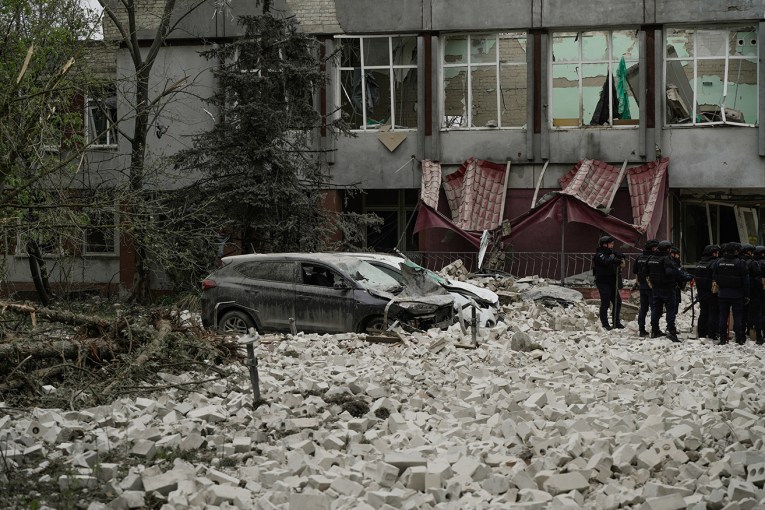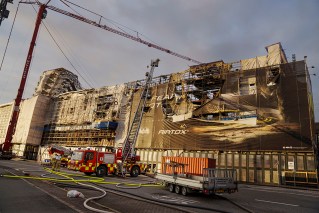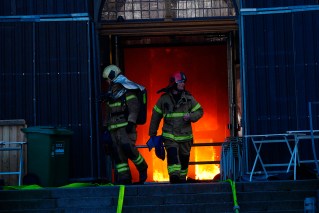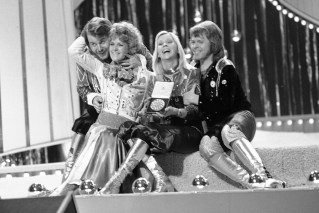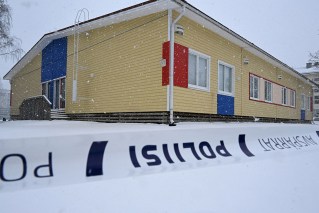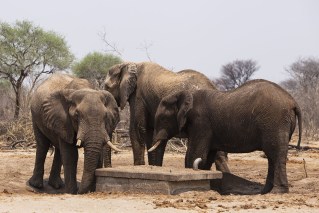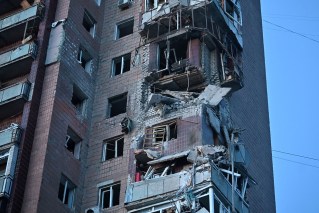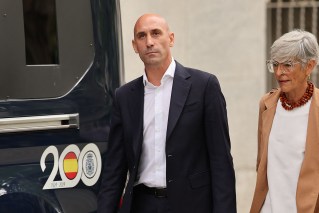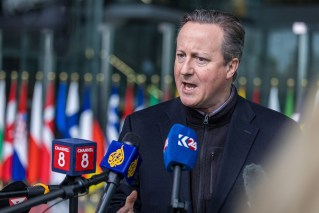Putin orders ‘partial mobilisation’ in dramatic Ukraine escalation

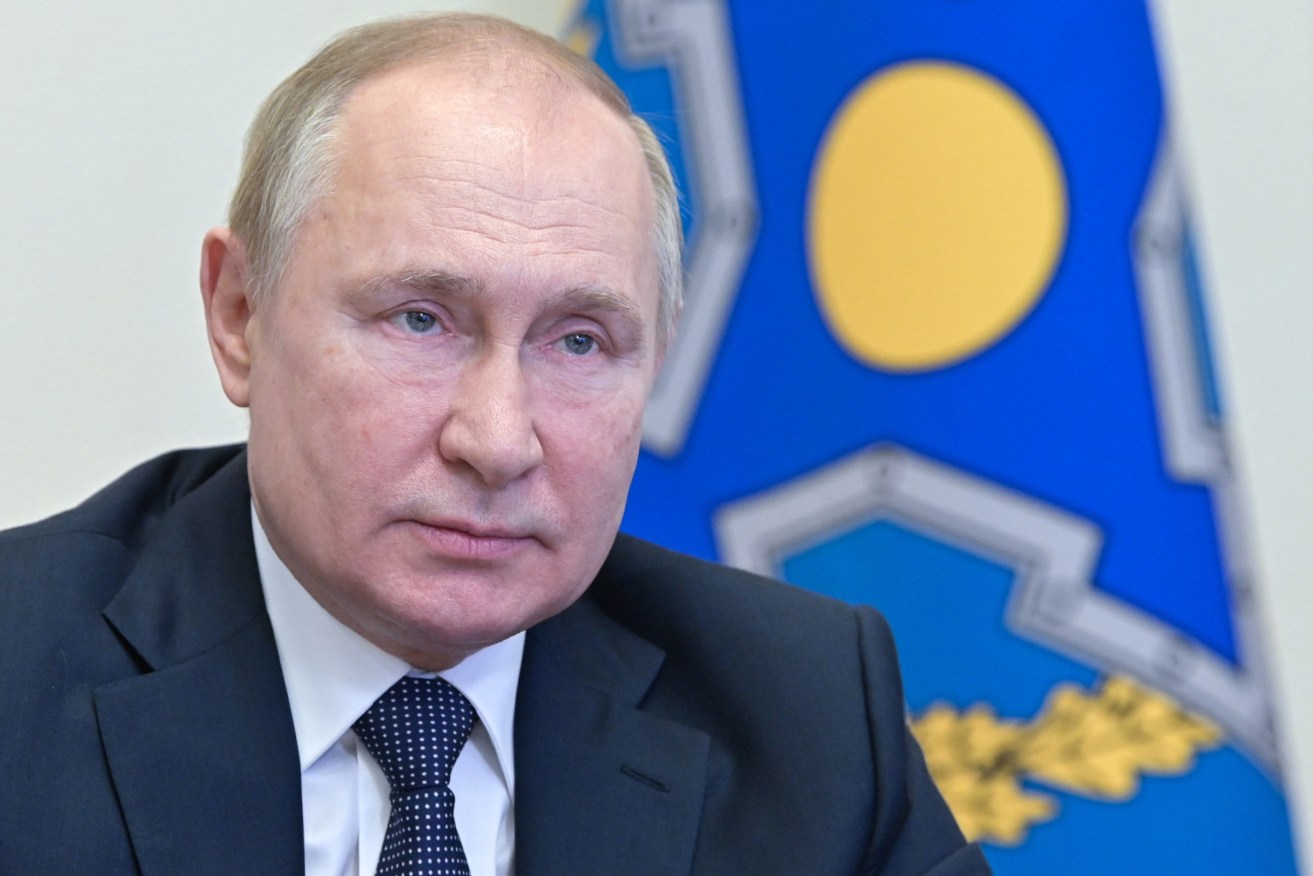
Validimir Putin's forces in Ukraine are losing ground as criticism grows on the homefront. Photo: EPA
Russian leader Vladimir Putin has announced a “partial mobilisation” of forces and conscripted troops in an alarming escalation of his attack on Ukraine.
In a prerecorded address to Russians on Wednesday afternoon, Mr Putin also backed controversial votes in occupied Ukrainian territory to join Russia.
“The West wants to destroy us,” he claimed in the rare TV address – the first since the Ukraine invasion began on February 24.
Mr Putin said military reserves would be conscripted under Russia’s escalated efforts, with more prisoners also drafted for the war effort.
“Only citizens who are currently in the reserve and, above all, those who have served in the ranks of the armed forces, have certain military accounting specialties and relevant experience will be subject to conscription,” he said.
After Mr Putin’s speech, Russian state TV ran an interview with Defence Minister Sergey Shoigu, who said 300,000 troops would be called up. They would get appropriate training and equipment and be told to “fulfill their military task”, he said.
The dramatic escalation of the Russian efforts to take Ukraine came after world leaders meeting at the United Nations in New York denounced the invasion.
It also followed Moscow-installed leaders in occupied areas of four Ukrainian regions announcing plans to hold referendums on joining Russia.
“For eight years, the Kyiv regime has been dragging this out,” Mr Putin said.
“Therefore, our military units are acting in an educated, correct way. Step by step they are freeing the country, freeing villages and towns.”
He accused the West of engaging in “nuclear blackmail” and noted “statements of some high-ranking representatives of the leading NATO states about the possibility of using nuclear weapons of mass destruction against Russia”.
Mr Putin said “it’s not a bluff” that Russia would use all means at its disposal to protect its territory.
On Tuesday, in an apparently co-ordinated move, pro-Russian figures announced referendums for September 23-27 in Luhansk, Donetsk, Kherson and Zaporizhzhia provinces, representing about 15 per cent of Ukrainian territory, or an area about the size of Hungary.
“The Russians can do whatever they want. It will not change anything,” Ukraine’s Foreign Minister Dmytro Kuleba said on Tuesday in response to questions at the UN, where leaders were arriving for a General Assembly meeting dominated by the war in Ukraine.
In a tweet, he added: “Ukraine has every right to liberate its territories and will keep liberating them whatever Russia has to say.”
If the referendum plan “wasn’t so tragic it would be funny,” French President Emmanuel Macron said ahead of the UN assembly in New York.
Mr Putin on February 24 ordered what he calls a “special military operation” in Ukraine to root out dangerous nationalists and “denazify” the country.
The war has killed thousands, destroyed cities and sent millions fleeing their homes in the former Soviet republic.
German Chancellor Olaf Scholz said Mr Putin would give up his “imperial ambitions” that risked destroying Ukraine and Russia only if he recognised he could not win the war.
“This is why we will not accept any peace dictated by Russia and this is why Ukraine must be able to fend off Russia’s attack,” Mr Scholz said in his first address to the General Assembly.
Japanese Prime Minister Fumio Kishida told the assembly the UN’s credibility was in danger because of the invasion by Russia, a permanent member of the Security Council, and reforms of the council were needed.
“Russia’s invasion of Ukraine is a conduct that tramples the philosophy and principles of the UN charter … It should never be tolerated,” Mr Kishida said.
Some pro-Kremlin figures framed the referendums for occupied regions as an ultimatum to the West to accept Russian territorial gains or face an all-out war with a nuclear-armed foe.
“Encroachment onto Russian territory is a crime which allows you to use all the forces of self-defence,” Dmitry Medvedev, a former Russian president and now hawkish deputy chairman of Mr Putin’s Security Council, said on social media.
Reframing the fighting in occupied territory as an attack on Russia could give Moscow a justification to mobilise its two million-strong military reserves. Moscow has so far resisted such a move despite mounting losses.
US national security adviser Jake Sullivan said earlier Washington was aware of reports Mr Putin might be considering ordering a mobilisation.
That would do nothing to undermine Ukraine’s ability to push back Russian aggression, Mr Sullivan said, adding that Washington rejected any such referendums “unequivocally”.
Russia already considers Luhansk and Donetsk, which make up the Donbas region Moscow partially occupied in 2014, to be independent states.
Ukraine and the West consider all parts of Ukraine held by Russian forces to be illegally occupied.
Russia holds about 60 per cent of Donetsk and had captured nearly all of Luhansk by July after slow advances during months of intense fighting.
Those gains are under threat after Russian forces were driven from neighbouring Kharkiv province this month, losing control of their main supply lines for much of the Donetsk and Luhansk front lines.
“The situation at the front clearly indicates the initiative is with Ukraine,” Ukrainian President Volodymyr Zelensky said in a video address released early on Wednesday.
Ukraine’s position did not change because of “some noise” from Russia, Mr Zelensky added in a reference to the referendums.
In the south, Russia controls most of Zaporizhzhia, including Europe’s largest nuclear power plant.
The plant, operated by Ukrainian staff, has suffered damage from shelling, fuelling fears of a radioactive disaster.
-with AAP
